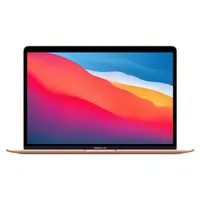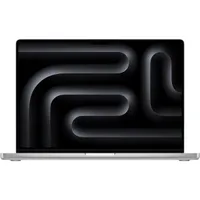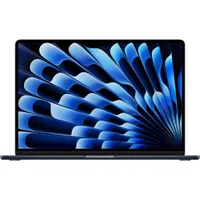Cyber Monday MacBook deals 2024: Last-minute MacBook deals
The sales are over now but you can still pick up some great deals
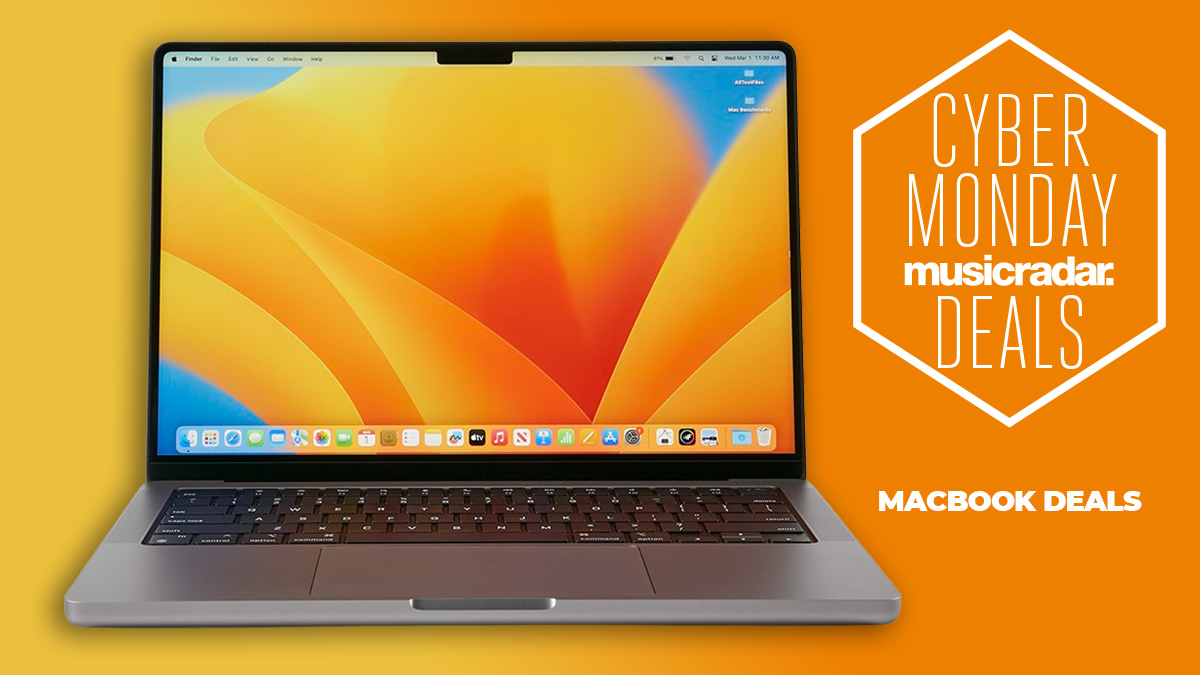
The Cyber Monday MacBook deals are - for official purposes - now over. If you're here looking for a last-minute deal, there are still some remaining discounts out there if you know where to look. Lucky for you we've been covering the whole Cyber Week sale.
There aren't many deals left now we're sorry to say, but if you want a budget music production MacBook, you can bag a MacBook Air M1 for just $599 at Walmart. It's plenty powerful enough for most music-making tasks, and many of the experts here are still using M1-equipped MacBooks without any issues.
Discounts on the newer M4 models are few and far between now, but if you're looking for a slightly older model you can still grab some nice reductions. Below you'll find links to all the remaining sales from across the web, as well as a few choice deals from the team here at MusicRadar.
Today's US deals
- Amazon: Lowest price MacBooks
- Best Buy: Extra Air/Pro savings
- B&H Photo: Bag an older model
- Newegg: Save on refurbed
- Walmart: Big MacBook savings
Read moreRead less▼
14" | M1 CPU | 8GB RAM | 256GB SSD
Already the cheapest entry point into the world of Mac, the MacBook Air M1 has a nice $100 discount and it's not even Cyber Monday yet! It's a great machine for music production, and even though it's a few years old you won't be lacking for processing power thanks to Apple's still excellent M1 chip.
Read moreRead less▼
14" | M3 CPU | 8GB RAM | 512GB SSD
One of the most powerful modern machines for music production, the MacBook Pro M3 is an absolute powerhouse when it comes to making music. This 14-inch model has a gigantic $249 reduction at the moment, making it the perfect early deal for the power-hungry producer.
Today's UK deals
- Amazon: Up to 14% off
- Argos: Lowest prices ever
- Currys: Excellent early deals
- Ebuyer: Save over £200
- John Lewis: 2-year guarantee
- Laptops Direct: Over £400 off
- Very: Over £300 off MacBooks
Read moreRead less▼
14" | M3 CPU | 24GB RAM | 256GB SSD
Amongst the best laptops for music production you can buy right now, the M3 Air is the perfect combination of powerful, compact, and quiet, delivering fantastic performance while being nice and lightweight. Ideal for the musician on the go.
How to choose a MacBook for music production
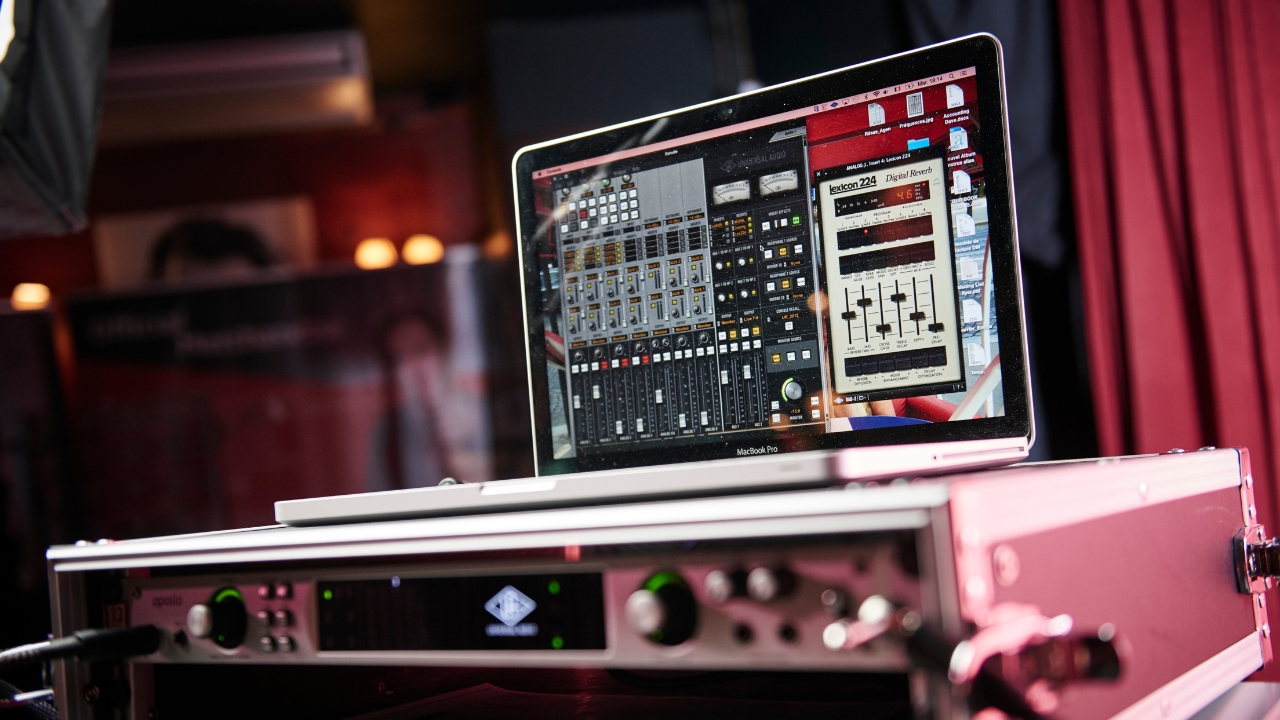
We discuss the specs - the memory, connections, hard drive and screen size - you need for music production below. Once you have decided on these, it's a straight slug out between the cost and power of a Pro or the portability and more reasonable price of an Air. Here then, we have three top choices to cover those options.
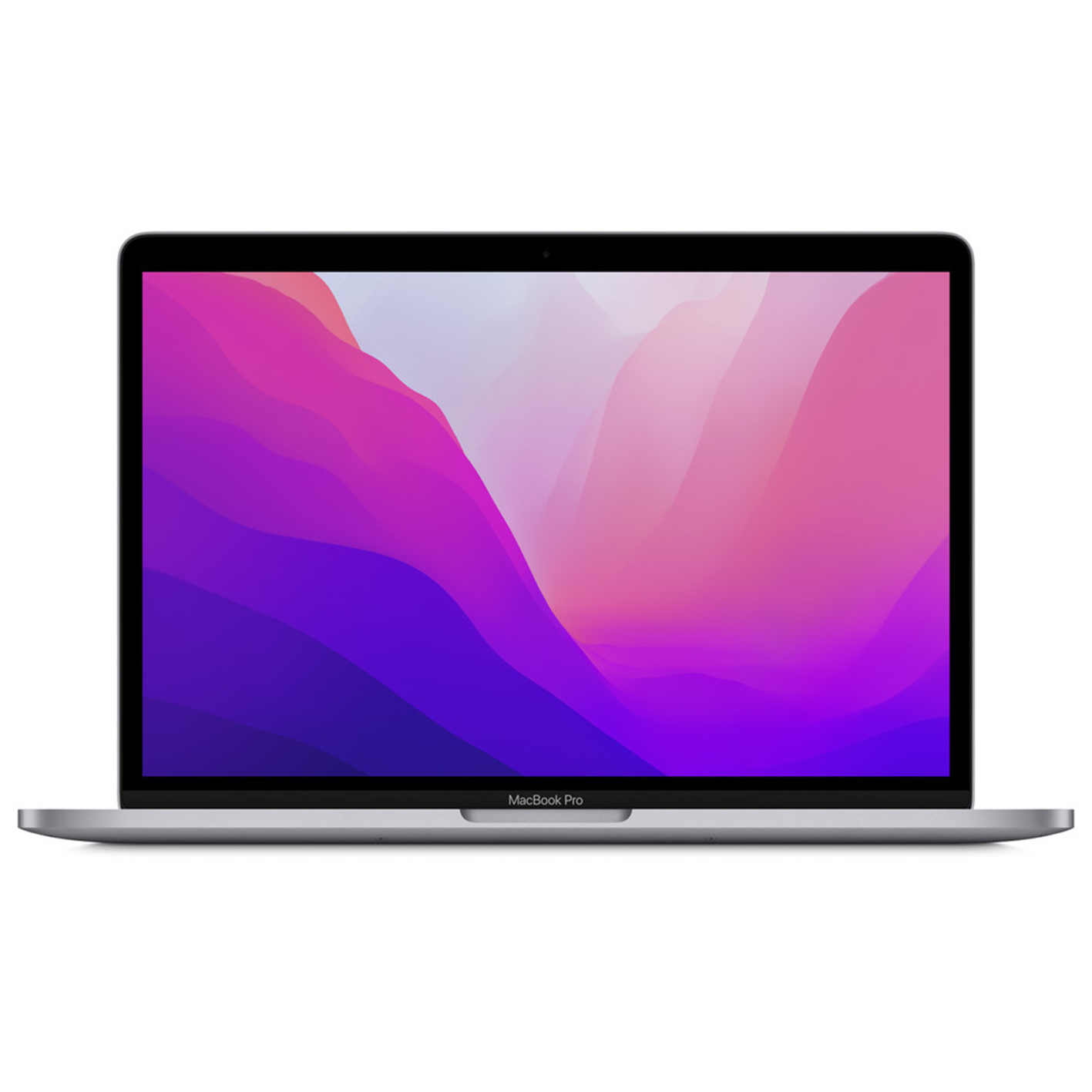
From: $1,299/£1,349 | Screen size: 13, 14 or 16-inch | CPU: Apple M2, M2 Pro, M2 Max | Connector: 3 x Thunderbolt 4 (USB-C) ports, (2 x 13"), an HDMI output and SDXC card slot, 3.5mm headphone out
The clue is in the name! The latest MacBook Pros deliver everything a musician could ever ask for. They have a choice of the fastest processors, but unless you are running multiple projects simultaneously, even the entry-level M2 will cover your needs. Spec these up to the max and they can empty any bank account, though, so read our advice below for what you really need in a MacBook for music.
Read our full MacBook Pro M2 review
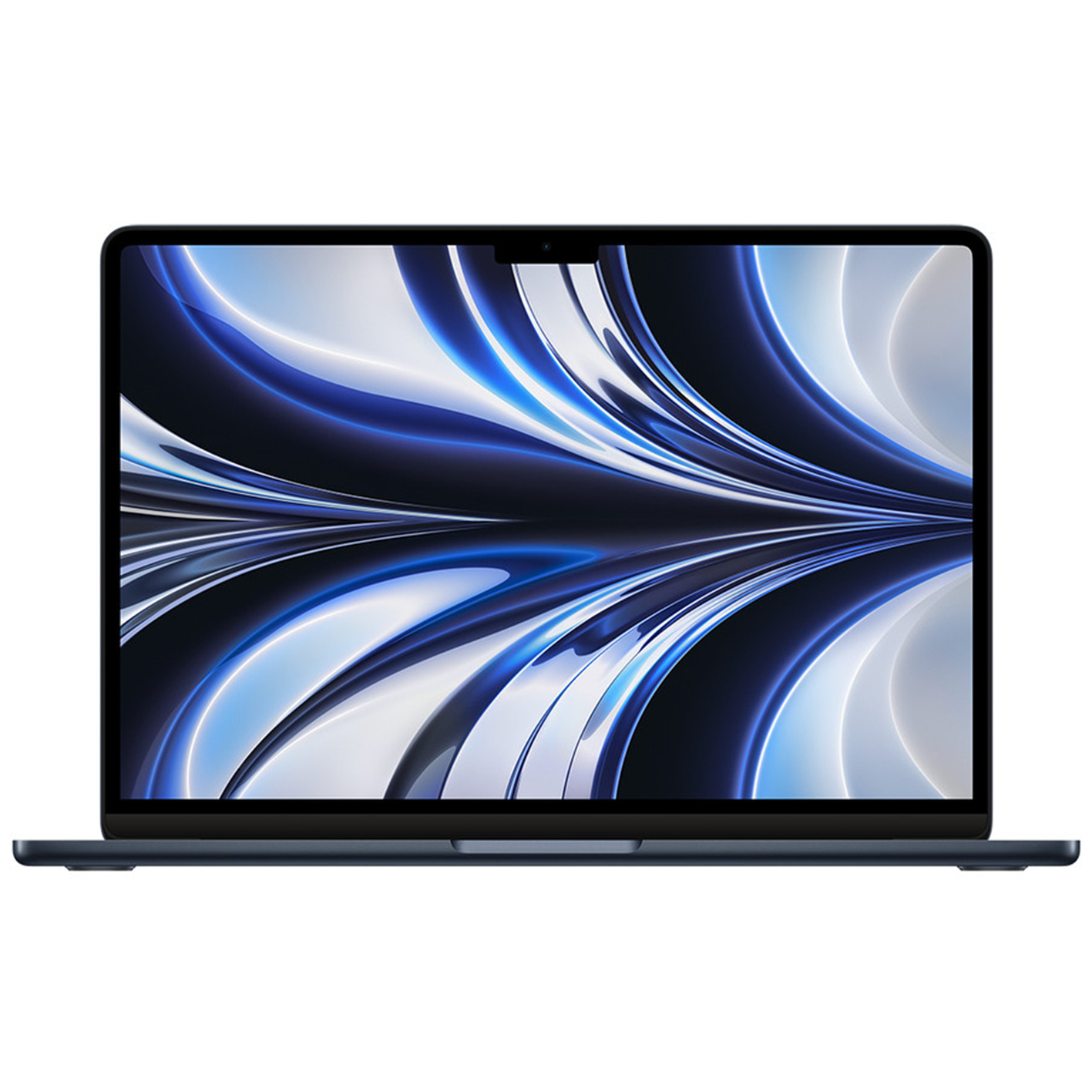
Starting price: $1,099/£1,149 | Screen size: 13 or 15-inch | CPU: Apple M2 | Connector: 2 x Thunderbolt / USB 4 ports, 3.5mm headphone out
The sleek MacBook Air M2 is a silent but powerful laptop. It will run pretty much everything you throw at it, although we do recommend spec'ing it up to 16GB RAM. The Air doesn't give you all the Pro's bells and whistles but is a great mid-priced (for an Apple anyway) MacBook music option.
Read our full MacBook Air M2 here
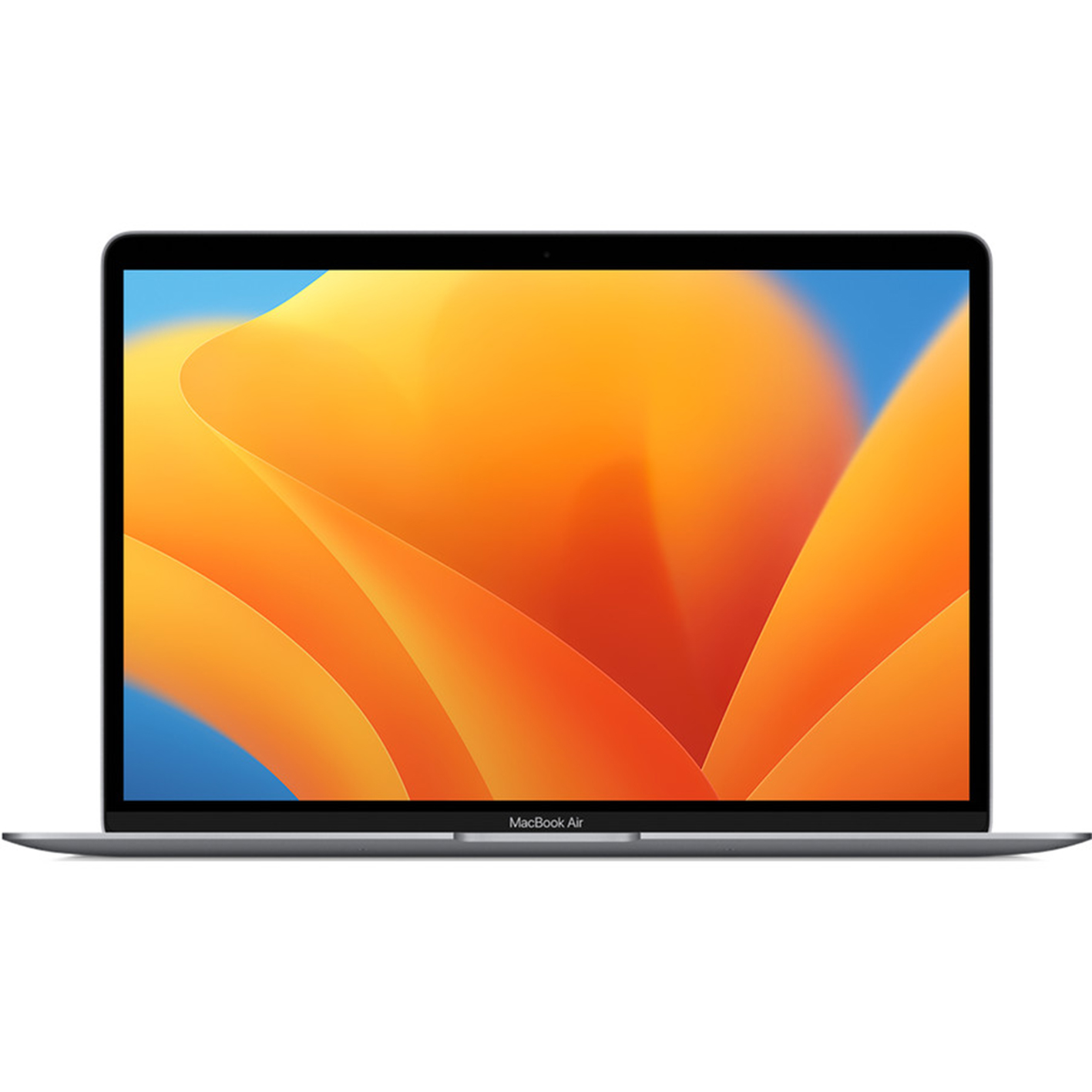
Starting price: $999/£999 | Screen size: 13-inch | CPU: Apple M1 | Connector: Thunderbolt 3, USB 3, USB 4, 3.5mm headphone out
The cheapest and lightest Air is still the perfect entry point into MacBook music production. While we'd still recommend upgrading to a 16GB machine over the standard 8GB, the M1 processor is more than adequate, being between just 8-13% less powerful than the latest M2 in our tests.
Read our full Apple MacBook Air M1 review
FAQ
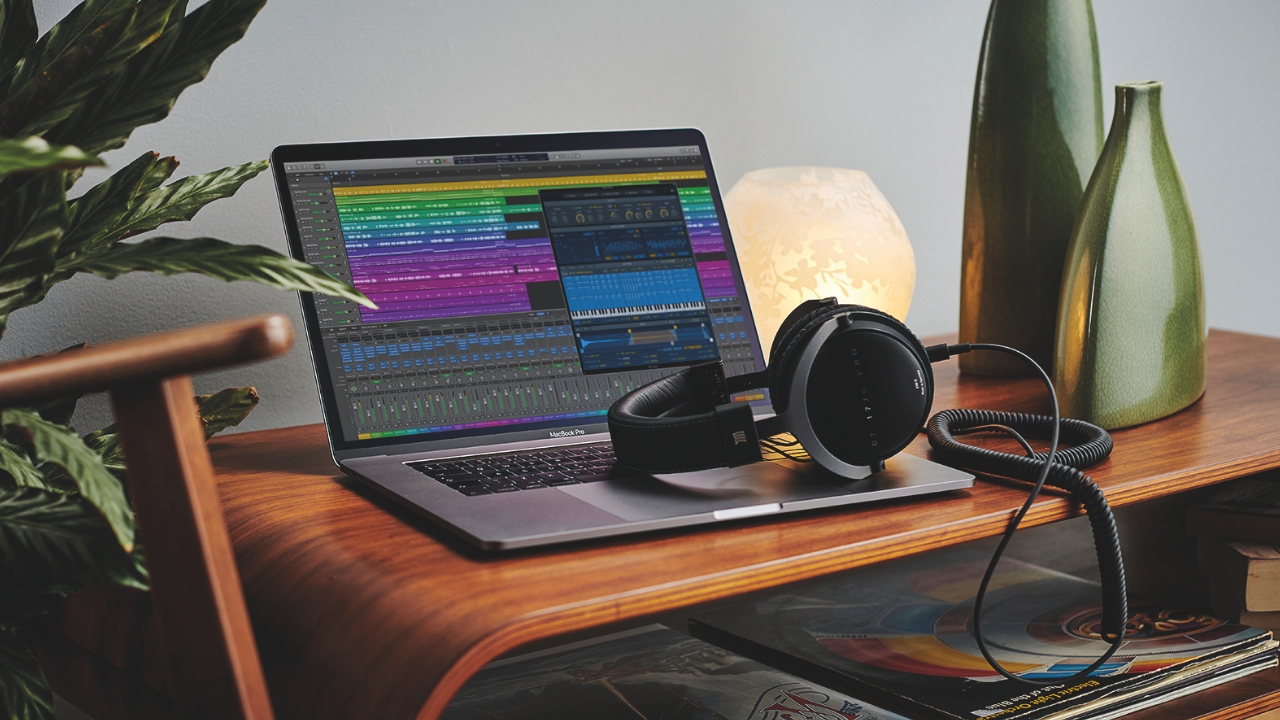
What do I need to know about the latest Apple MacBooks?
There are two main MacBook types: the Air and Pro. The main differences are that the Air machines are lighter, cheaper and smaller, while the Pros add more connections, and can include more powerful processors.
All MacBooks have at least two Thunderbolt/USB 4 ports which are great for adding keyboards and audio interfaces for external speakers. While the speakers on MacBooks are good, we would recommend external speakers or studio monitors for proper music mixing.
Each model in the MacBook Air and Pro ranges can have different screen sizes, memory or hard drive upgrades. The bigger you go on all these, the more the cost ramps up, so what specs do you need for music production?
For memory, the 8GB that comes with the basic MacBook Air will suffice for many producers, especially with Apple's latest Silicon M-Range chips installed. However, we always like to recommend future-proofing yourself, and adding memory is the easiest way to buy yourself extra power. Also, it's not possible to upgrade the memory on the latest MacBooks after you initially purchase them, so if you can afford the 16GB upgrade now then we'd recommend going for it. (Many MacBook Pros come with 16GB as standard so you don't need to upgrade this.)
In terms of hard drive space, we'd recommend going for a 512GB option. There are options to go beyond this on many MacBooks, but do keep in mind that external third party storage devices can be cheaper and provide all the transfer speed you need for music production.
What makes MacBooks great for musicians?
Apple's MacBooks can easily be the centre of a pro music studio. As we have seen they have the power you need - easily matching most desktop machines - but also the portability which means you can make music anywhere and any time.
In terms of the laptop size, you can go truly portable with an amazingly sleek 13-inch Air, or go for the top-end Pro and get a more usable 16-inch screen. The bigger the machine, the less portable, obviously, but we have found that using our 13-inch Air M2 has been a little restrictive on occasion, particularly with VST instruments where you can't adjust the size.
Otherwise, every MacBook will deliver a fantastic music production experience. You can opt for Logic as your main Digital Audio Workstation, a Mac only DAW which gives more bang for buck than any other music application out there. Or you can use pretty much every other DAW or software instrument - most music applications are Mac compatible and run very smoothly on MacBooks.
Is Cyber Monday a good time to buy a MacBook?
Apple discounts are notoriously rare but Cyber Monday should see some great deals on MacBooks. In the past we have seen Black Friday discounts on both new and refurbished MacBooks that should help you start your music making journey for less.
We’ve rounded up all the best MacBook bargains here, from stores like Walmart, Amazon and Best Buy in the US, and Currys, Very, Amazon and Argos in the UK.
Are there any models or specs that I should avoid?
All Apple's MacBooks are great buys for music production, but as we have seen, you need to weigh up the specs of each.
There is an argument that you should go for the latest M2 (or M3 if you can find a good deal) chips when buying a MacBook, because when it comes to music-making, the more power you have, the better. But that would exclude the M1 Air, which we still believe to be a great option. And as we say in our tests, you don't get a massive uplift between the M1 and M2 processors for many music tasks.
In terms of other specs, do consider that you are paying a lot extra for the larger 16-inch MacBook Pro and you will lose some portability with this option. Extra memory and hard drive costs across all MacBooks can soon mount up too, so do follow our advice above on these upgrades - 16GB of RAM and a 512GB hard drive (with cheap external options) should be adequate for most music production tasks.
Want all the hottest music and gear news, reviews, deals, features and more, direct to your inbox? Sign up here.
Andy has been writing about music production and technology for 30 years having started out on Music Technology magazine back in 1992. He has edited the magazines Future Music, Keyboard Review, MusicTech and Computer Music, which he helped launch back in 1998. He owns way too many synthesizers.
- Ben RogersonDeputy Editor
- Chris Barnes
- Matt McCrackenJunior Deals Writer
